New Zealand has a long history when it comes to gender equality. In fact, back in 1893, it was the first country in the world to allow women to vote. It was also the first country that ever had all of its highest offices chaired by women at the same time; the Sovereign Queen Elizabeth II, the Governor General, Dame Silvia Cartwright, Prime Minister, Helen Clarke, Chief Justice, Dame Sian Elias and Speaker of the House of Representatives, Margaret Wilson all served together between 2005 and 2006.
It shouldn’t have been surprising when I found myself sitting in front of so many women in tech during my visit to its capital Wellington last week, yet I did. The reason I found it surprising is because although Australia is only three hours away from this beautiful windy city, what I found was an ecosystem that was light-years ahead in terms of its diversity and celebration of its female founders and employees.
If you can’t see it, you can’t be it
In May last year, editor of Startup Daily, Tasnuva Bindi wrote an article ‘If you can’t see it, you can’t be it: Female founders crushing stereotypes‘, which made a good point about the role visibility plays in the normalisation of female-led technology companies.
Awareness is key to change. It’s about visibility. The more women we see thriving in their careers, the less unusual a ‘women in technology’ becomes.
The piece not only explored why sexism exists in the technology sector, but how things like language, even if unintentional, reinforce stereotypes in the startup ecosystem.
Language also plays a role in promoting subtle sexism … women tend to be pigeon-holed into marketing and communications roles. There have been discussions around how men call it ‘growth hacking’ when they do it, but when women do it, it’s regarded as PR.
When you’re male, you’re a ‘developer evangelist’. When you’re female, you’re a community manager.
For a startup ecosystem to thrive and be globally competitive AND diverse, there are two things that are important. The first is role models and the second is congruency – that is, congruency across language, opportunity and recognition.
Wellington and indeed New Zealand have worked hard to make sure both these things are present within its ecosystem.
Based on my conversations last week with prominent women in the technology space like Kendall Flutey (Banqer), Anna Guenther (PledgeMe), Jessica Manins (StarNow), Kristen Lunman (Wipster), Zheng Li (Zing Design, Founders Exchange) Toni Moyes (8i) and Kat Lintott (STEM Creative), seeing women in prominent leadership positions throughout their formative years has played a pivotal role in their own success.
In addition to having such strong political figures to look up to, they have also been witness to strong female tech founders building and selling tech companies like Victoria Ransom who has built and exited two companies; Access Trips in 2006, and more recently, Wildfire Interactive, which was acquired by Google in 2012. Ransom is currently Director of Product at Google in Mountain View. Then there is Claudia Batten, again with two exits under her belt, having sold her first company Massive to Microsoft in 2006, which was then followed by her next company, crowdsourcing advertising agency Victor and Spoils being acquired by French company Havas in 2012.
Whether it has been deliberate or not, stories like the above have played a critical role in the female tech community in Wellington so much that an average “women in tech” meet up group like Female Founders Exchange can quite regularly see up to 300 members turn up for talks and drinks each month. In comparison to pure tech-focused female meet ups in places like Sydney and Melbourne, this number is quite frankly epic.
A unique city layout
As a city, Wellington has something unique about it that actually makes it the ideal breeding ground for a strong, cohesive tech-startup ecosystem. It has been deemed the “coolest little capital in the world”, according to quality of living based surveys, with a population of just under 500,000. Interestingly and perhaps key to its feminist vibes, the female population is a good 10,000 people stronger than that of its fellow male citizens.
The city centre is also only two kilometres in diameter, meaning that you can walk to every meeting that you have in 20 minutes or less – something I believe is critical for startups. I remember in the early days of starting my own venture that I would quite often delay meetings because taxi money was an issue getting across from one end of Sydney to the other within a certain time frame. Easy access to everywhere in the CBD provides founders with more opportunities to close deals, form partnerships and develop their businesses.
Because the city is wedged between the mountains and the harbour, it is impossible for the CBD to expand any further. This has meant that the sense of community in the business precinct has a very distinct “village-like” vibe to it – perfect for fostering the launch and growth of startups. This makes it easier for female founders to not only find each other, but also to help support one another.
Equality and inclusion seems to be something that is at the forefront on everyone’s mind in Wellington, with every tech-hub from BizDojo to the Enspiral Dev Academy specifically talking to me about their statistics around female founders and the importance they place on equality within their organisations.
Forced to ‘export’ overseas
Unlike in Australia, where founders are able to grow their digital businesses (to a certain point) by staying onshore and maintain a strong hold of the local market while making quite a comfortable living for themselves, startups in New Zealand don’t quite have that luxury. Wellington is only 492,000 people strong and the entire addressable market for New Zealand as a country is only around 4 million people. This has meant that by default the real-world education that all founders of any venture in New Zealand receive is to think global from day one.
Yes, the Australian startup ecosystem does promote that same focus, but the reality is a startup in a place like Wellington has to find a global market from day one, otherwise the chances of survival decrease much faster than that of an Australian-based startup.
Therefore, it is in the city’s interest and the national interest to support and promote everybody that is building a technology based business; and because the pool of talent is significantly smaller than that of a Sydney, Brisbane or Melbourne, female founders are front and centre with their male counterparts. I am not saying that the technology ecosystem isn’t dominated more by males in Wellington, because it is, but female led startups are more visible there, which has given women an advantage that fellow women in other parts of the world struggle to attain. And let me assure you the opportunity is being grasped with both hands.
As a city, Wellington has the most educated workforce in the country; 47 percent of the workforce work in what is known as ‘knowledge intensive’ industries like technology, creative and media, game development, financial services, science, health, education and professional services, as well as government. What this means is that it needs to have a successful ‘digital’ export strategy, and both men and women in the startup ecosystem play an equally critical role in the city and country reaching that goal.
Although I wouldn’t go as far as saying Wellington has gotten everything right in the diversity stakes – no city or country has – it should be acknowledged that city has created a culture that could indeed see it become one of the top performing cities for startups in the next 10 to 20 years. While that is an achievement in and of itself, one of New Zealand’s standout features will be the environment it has created where female founders can excel alongside their male counterparts with equal visibility and without tokenism.
Startup Daily was touring the Wellington startup ecosystem as a guest of Positively Wellington.











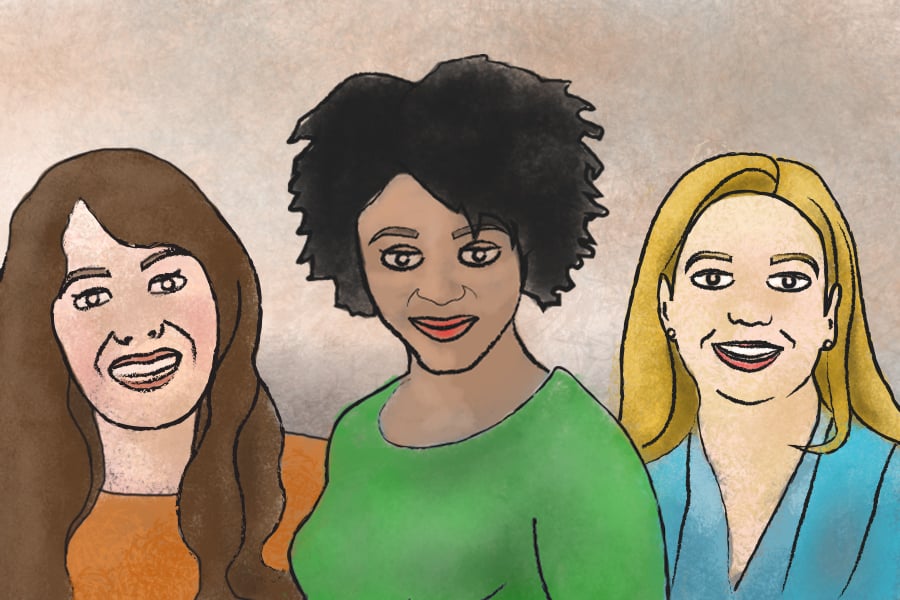

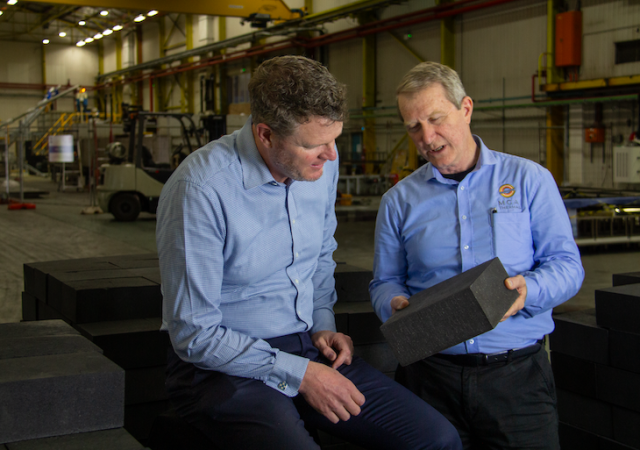


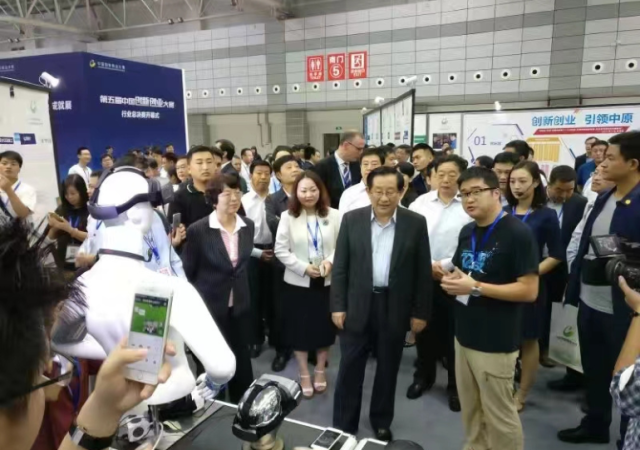
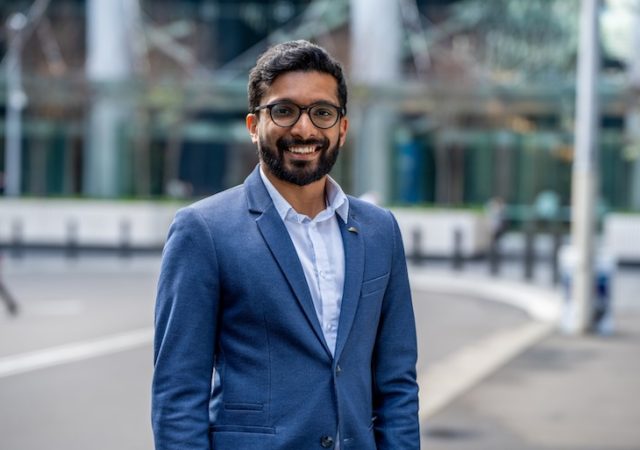
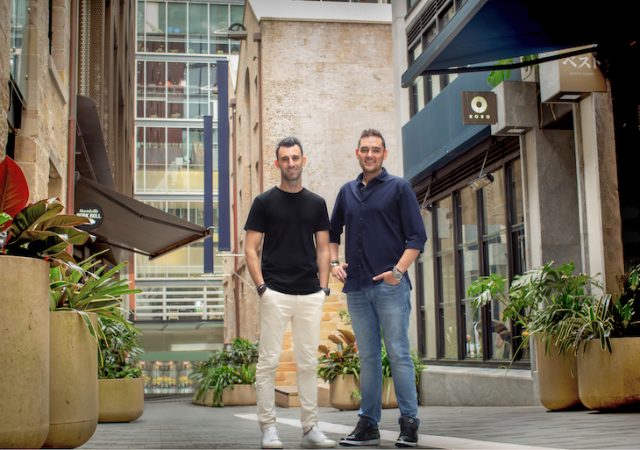
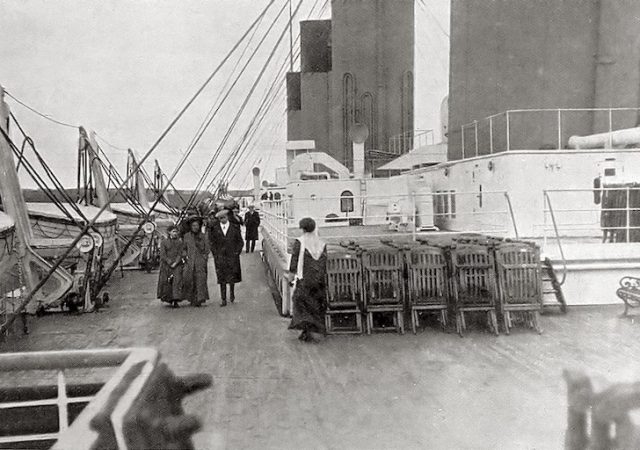
Trending
Daily startup news and insights, delivered to your inbox.